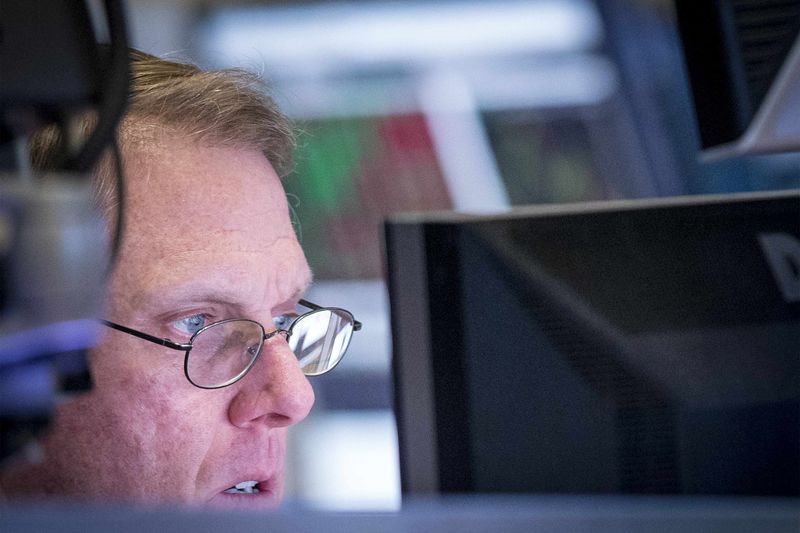Quiver Quantitative - Amid an economic slowdown and increasing fears regarding banking stability, U.S. banks have started holding substantial amounts of cash as a precautionary measure, showcasing a prudent, risk-averse strategy in turbulent times. This buildup, cited as a logical response to the sluggish economy and significant deposit outflows, symbolizes the financial sector's concerted effort to shield itself after experiencing several bank failures earlier in the spring. Financial analysts suggest that this approach might lead to subdued lending activities. Recent financial upheavals, including the collapse of Silicon Valley Bank (SIVBQ) and Signature Bank, followed by rating downgrades by S&P and Moody's (MCO) have brought the financial health of banks under close scrutiny, catalyzing this shift in strategy.
Current data reflects that the total cash assets held by U.S. banks stood at an impressive $3.26 trillion as of August 23, a figure which denotes a 5.4% increase since the end of 2022 and is considerably higher than pre-pandemic levels. The banks' reactions to the crises in March were swift, elevating their cash assets to an apex of $3.49 trillion within two weeks, demonstrating an assertive stance to meet liabilities and offset potential risks such as loan losses, especially with the Federal Reserve maintaining high interest rates to temper economic growth and inflation. As noted by Brendan Browne from S&P and Manan Gosalia from Morgan Stanley (NYSE:MS), many banks are mitigating risks and bolstering their balance sheets by transforming "earning assets" into cash or short-term securities, a trend expected to result in decelerated loan growth as the year concludes.
With an eye on potential stricter regulatory landscapes, mid-sized banks, in particular, are harboring concerns regarding forthcoming capital and liquidity mandates that might be imposed on institutions possessing assets exceeding $100 billion. Since the onset of intensified scrutiny post-March, banks have sharpened their focus on enhancing liquidity and asset liability management proficiencies, bracing themselves for a regulatory environment with "a shorter fuse" for institutions exhibiting deficiencies in liquidity and loan management, as remarked by Peter Marshall from EY's financial services liquidity advisory group. This period has also witnessed banks amplifying liquidity by curtailing investments in securities or resorting to sell-offs, even at losses, to prevent potential investor apprehensions regarding the health of their balance sheets.
This period of financial adjustment has seen industry giants like Bank of America (NYSE:BAC) and JPMorgan (JPM) tactically redirecting their financial strategies to navigate the tumultuous waters. Bank of America reported a surge in its cash reserves to $374 billion by the end of June, predominantly fueled by the sale of $93 billion from low-yielding securities, an approach that seemed to offer better returns in money markets. Simultaneously, JPMorgan has been progressively offloading securities over the past year, holding a formidable $420 billion in cash, supplemented by $990 billion in high-quality liquidity assets and other unencumbered securities. According to Mac Sykes of Gabelli Funds, the current high short-term rates offer a promising opportunity for these banks to reinvest cash, reflecting an opportunistic and favorable inclination towards short-term securities investments.
This article was originally published on Quiver Quantitative
